Table of Contents
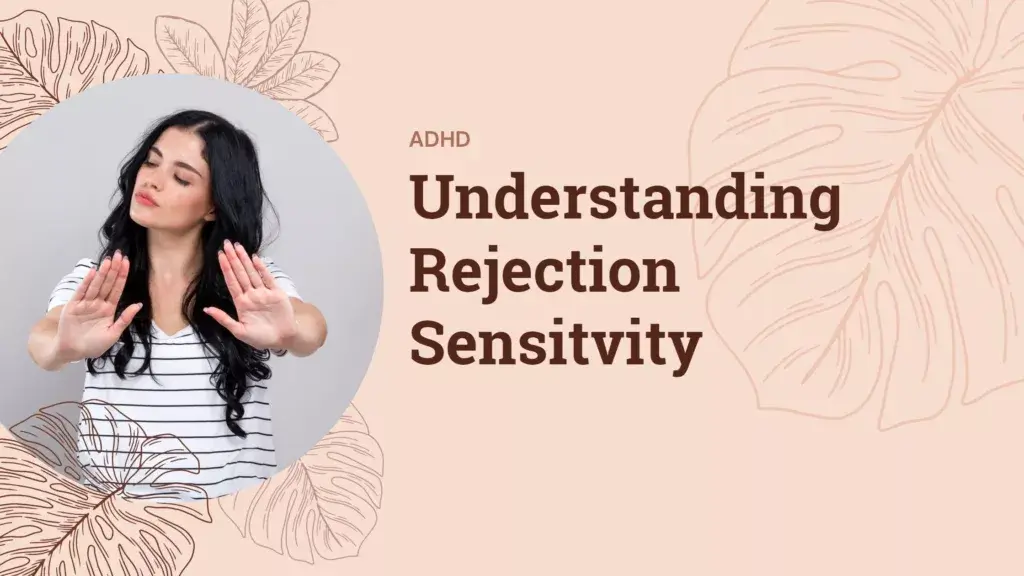
Hello there, it’s me again, Maria. Today, we’re diving into an incredibly important topic, yet often overlooked in conversations surrounding ADHD. We’re going to talk about rejection sensitivity.
Now, you might be asking, “What is rejection sensitivity?” It’s a fascinating yet complex aspect of emotional response. Simply put, it’s an intense fear or pain experienced in the face of criticism or rejection. Sounds familiar? You’re not alone. Many individuals with ADHD often grapple with this feeling, even if they aren’t fully aware of it.
So, why is this so prevalent in people with ADHD? Well, that’s precisely what we’re going to explore in this blog post. Together, let’s delve into the world of rejection sensitivity, its connection to ADHD, and how we can better understand and manage it. Stick around, it’s going to be an insightful journey.
Definition of Rejection Sensitivity
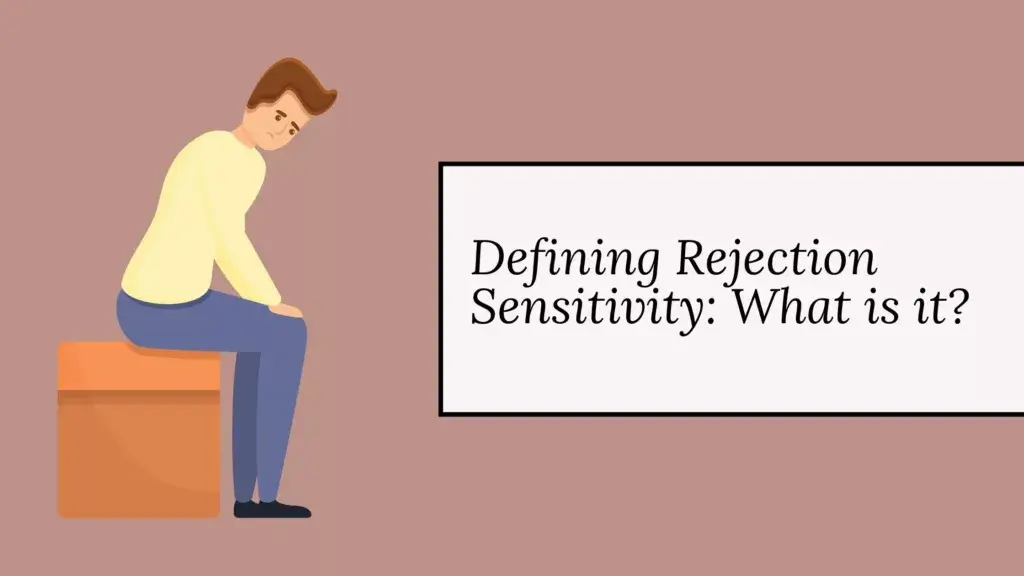
Before we delve deeper, let’s clarify what rejection sensitivity really is. You know that sting you feel when someone criticizes or rebuffs you? That’s rejection sensitivity at play. It’s a type of emotional reaction that happens when we anticipate or experience rejection.
Now, we all feel this occasionally—it’s part of being human. But, for some folks, this feeling becomes so intense that it starts to affect their daily life.
You see, rejection sensitivity isn’t just about feeling upset when things don’t go our way. It’s an extreme reaction, almost like an alarm bell ringing louder than it should.
People who deal with this may find themselves on a roller coaster of emotions—everything from anxiety and fear to anger and frustration. It can be tough, but understanding is the first step towards addressing it.
How is Rejection Sensitivity Connected to ADHD?
So, you might wonder, “What does all this have to do with ADHD?” Good question. You see, recent studies have found that rejection sensitivity tends to be quite common in people with ADHD. It’s like they go hand in hand.
Why is this the case, you ask? Well, ADHD is not just about having a short attention span or being hyperactive. It also impacts how we process emotions. This emotional dysregulation—when our feelings seem to have a mind of their own—can make individuals with ADHD more prone to rejection sensitivity. They might feel criticism more deeply or take harmless comments as personal affronts.
But don’t worry, this isn’t a life sentence. There are ways to manage and navigate this. And understanding the connection between ADHD and rejection sensitivity is a step in the right direction.
The Science Behind Rejection Sensitivity
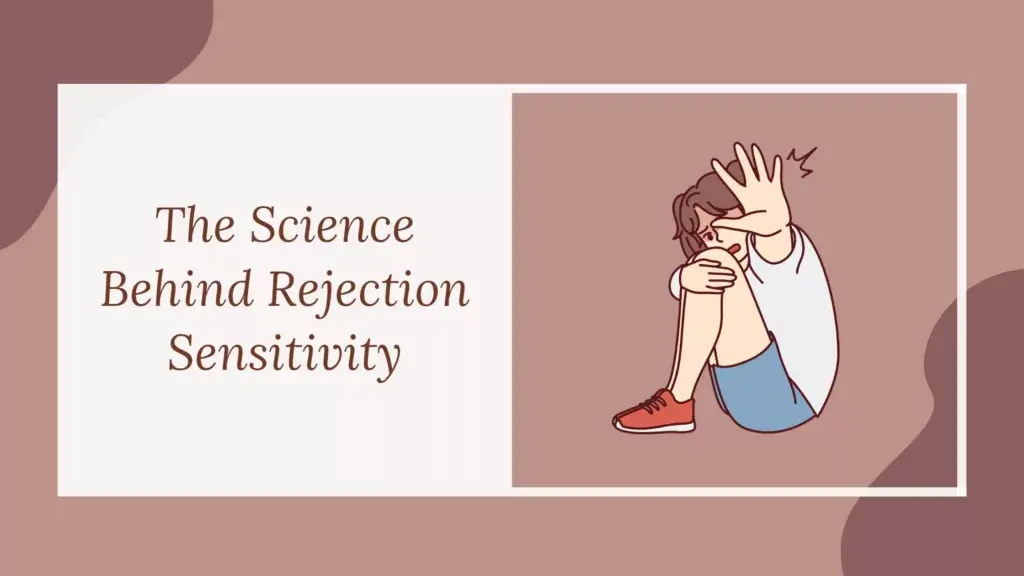
Psychological Perspectives on Rejection Sensitivity
Rejection sensitivity isn’t something that just happens overnight. In fact, psychologists think it grows over time, based on our experiences.
Here’s an easy way to picture it: imagine you’re trying to build a tower out of blocks, but someone keeps knocking it down. After a while, you might start to flinch every time they come near you, even if they aren’t planning to knock your tower over. That’s how rejection sensitivity works—it’s like that flinch, but for emotional pain.
The big question is, why do some people flinch more than others? Researchers believe it might be tied to experiences early in life, like bullying, neglect, or constant criticism. Over time, these experiences can make a person more sensitive to rejection, to the point where they start to anticipate it, even when it’s not there.
The ADHD Connection
Now, let’s talk about the link between rejection sensitivity and ADHD. Many people might consider ADHD to be a condition that mostly affects attention and behavior. But that’s only part of the story. You see, ADHD can also make a person more sensitive to their emotions, which is known as emotional dysregulation.
What does this mean for rejection sensitivity?
Well, if a person with ADHD is more agreeing with their feelings, they might also be more aware of the sting of rejection. They may perceive even slight criticism or rejection more intensely, and their reactions can be more extreme as a result.
In other words, their ’emotional skin’ might be thinner than most people’s. It’s as if they’re wearing their heart on their sleeve all the time, which can make navigating social interactions quite tricky. But remember, this isn’t their fault—it’s just how their brain works.
But it’s not all bad news.
Recognizing the link between ADHD and rejection sensitivity is a step towards understanding—and managing—these feelings. It’s about recognizing that sensitivity isn’t a weakness, but a part of who you are. And with the right strategies and support, you can learn to navigate it in a way that works for you.
Recognizing Symptoms of Rejection Sensitivity in Individuals with ADHD
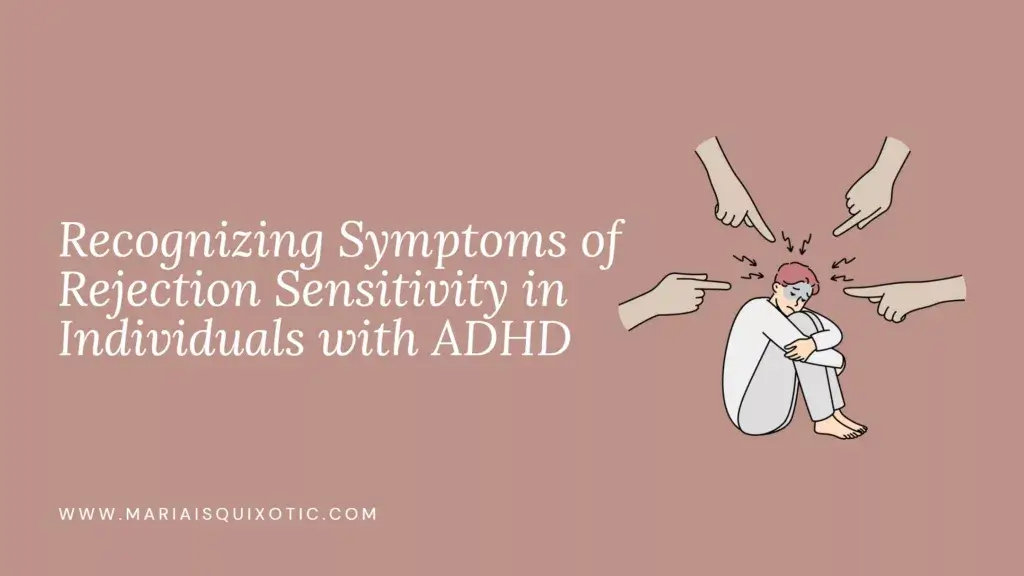
What Are The Common Symptoms?
You might be wondering, “What does rejection sensitivity look like?” Well, rejection sensitivity can appear in a variety of ways.
People experiencing it might have a hard time handling criticism. Even a gentle suggestion can feel like a personal attack. And it’s not just about facing criticisms—it can also include an intense fear of being rejected or left out.
In individuals with ADHD, these feelings can be even more heightened. They might worry excessively about how others perceive them, or misinterpret neutral comments as negative ones. It’s important to note that these reactions aren’t intentional. They’re just the brain’s response to perceived threat or harm.
How Does It Impact Relationships and Social Interactions?
So, how does rejection sensitivity affect daily life? One big area it can impact is relationships and social interactions.
Imagine you’re always worried about being rejected. You might become hesitant to form new relationships or hold back from sharing your true feelings.
After all, if you don’t open up, you can’t get hurt, right? Well, unfortunately, this kind of ‘self-protection’ can actually lead to isolation and feelings of loneliness.
In existing relationships, rejection sensitivity can create tension and misunderstanding.
For example, someone high in rejection sensitivity may constantly worry that their partner is going to leave them, which can cause friction in the relationship.
While these challenges can be daunting, understanding them is the first step towards overcoming them. Recognizing the signs of rejection sensitivity can help individuals with ADHD (and those around them) better understand their reactions and work towards healthier ways of managing them.
Strategies to Manage Rejection Sensitivity in ADHD
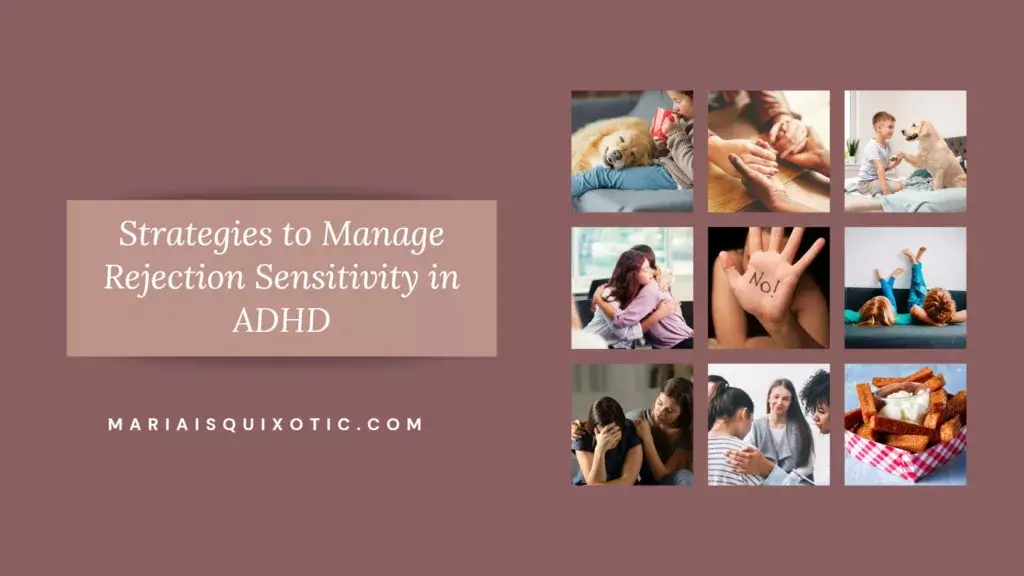
What Are Some Therapeutic Approaches?
Coping with rejection sensitivity can feel like a tough mountain to climb, especially when it comes to facing criticisms. Thankfully, there are therapeutic approaches that can help.
One such approach is cognitive-behavioral therapy (CBT), a type of talk therapy. It focuses on changing negative thought patterns and developing more balanced perspectives. This can be particularly helpful in challenging those automatic thoughts of rejection that rejection sensitivity can fuel.
Another therapeutic approach is mindfulness-based therapies. These approaches aim to increase awareness of one’s thoughts and feelings without judgment. By doing so, individuals can better observe their thoughts of rejection or criticism as just that—thoughts, not facts.
Lastly, there’s also acceptance and commitment therapy (ACT). This form of therapy encourages individuals to accept their feelings of rejection, not as a threat, but as a part of their human experience. With this acceptance, it becomes easier to focus on values and actions that enrich life, rather than being consumed by fear of rejection.
It’s important to remember that these therapeutic approaches are best carried out thanks to a licensed professional. Each person is unique, so what works for one might not work for another. Therefore, it’s crucial to find the right approach that works best for you.
Any Practical Tips for Managing Rejection Sensitivity?
Therapy is an excellent resource, but there are also practical, everyday strategies that can help manage rejection sensitivity.
Here are a few:
- Mindfulness: This is about being present in the moment and accepting things as they are, without judgment. Regular mindfulness practice can help in recognizing and managing feelings of rejection.
- Self-Care: This could be as simple as making sure to eat a balanced diet, getting regular exercise, ensuring adequate sleep, or taking time for activities you enjoy. It’s about looking after your overall wellbeing.
- Positive Self-Talk: When facing criticisms or perceived rejections, try to challenge those thoughts with positive self-talk. Remember, everyone makes mistakes and it’s okay to be imperfect.
- Social Support: Surrounding yourself with positive and supportive people can help buffer the impact of rejection sensitivity. This might involve reaching out to friends, joining support groups, or connecting with others who understand what you’re going through.
- Seek Professional Help: If your feelings of rejection sensitivity are significantly impacting your life, it can be beneficial to seek the help of a professional, such as a therapist or counselor.
Remember, managing rejection sensitivity is not about eliminating feelings of rejection altogether—that’s impossible. Instead, it’s about learning how to navigate these feelings in a healthier, more manageable way.
You’re not alone in this journey, and with the right strategies and support, managing rejection sensitivity can become a part of your path towards living a more balanced and fulfilling life.
Final thoughts
As we come to the end of our journey exploring rejection sensitivity, it’s important to take a step back and reflect on why understanding and managing this issue is crucial.
Why is Understanding and Managing Rejection Sensitivity So Important?
Rejection sensitivity, especially when connected with ADHD, can be a significant hurdle in our lives. It can influence how we see ourselves and how we interact with the world around us. It can make facing criticisms feel like an insurmountable challenge and lead to anxiety. But by understanding what rejection sensitivity is and how it ties into ADHD, we take the first step towards a solution.
Managing rejection isn’t about eliminating feelings of rejection—that’s not realistic, nor is it healthy. Rejection, in different forms, is a part of life and learning how to navigate it effectively is key.
By recognizing it, understanding it, and adopting coping strategies, we are better equipped to live a more balanced, fulfilling life.
A Few Words of Encouragement for Those Struggling with Rejection Sensitivity and ADHD
For those of you out there who are living with rejection sensitivity and ADHD, I want to leave you with some encouraging words.
Firstly, remember, you’re not alone. There are many people who share your experiences, understand your struggles, and are here to support you. Never hesitate to reach out for help, be it from friends, family, or professionals.
Secondly, it’s okay to have bad days. It’s okay to feel overwhelmed. It’s okay to be imperfect. We all are. Embrace these moments, learn from them, but don’t let them define you.
Lastly, and perhaps most importantly, never lose sight of your worth. Your value isn’t determined by how others perceive you or how often you face rejection. It’s defined by you—the strength within you, your capacity for love, your ability to bounce back.
Understanding and managing rejection sensitivity, especially in connection with ADHD, isn’t easy. It’s a journey.
But remember, every journey begins with a single step, and you’ve already taken that first step. Keep going. You’re stronger than you think!

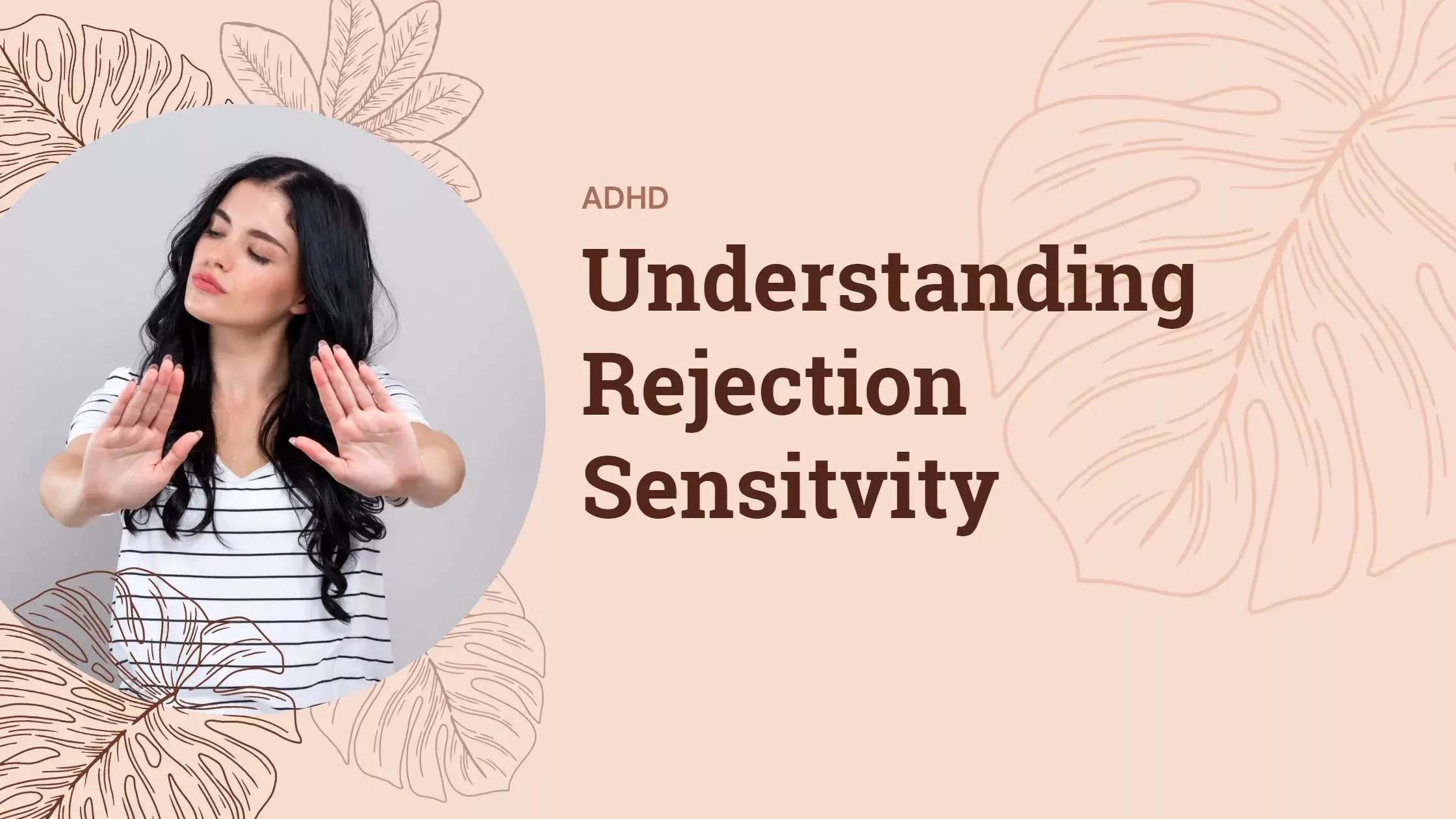

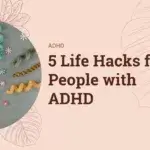
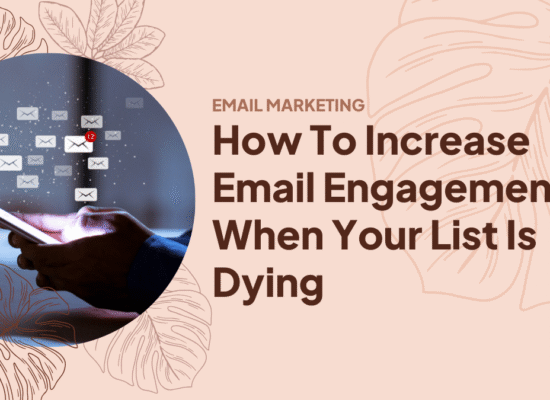
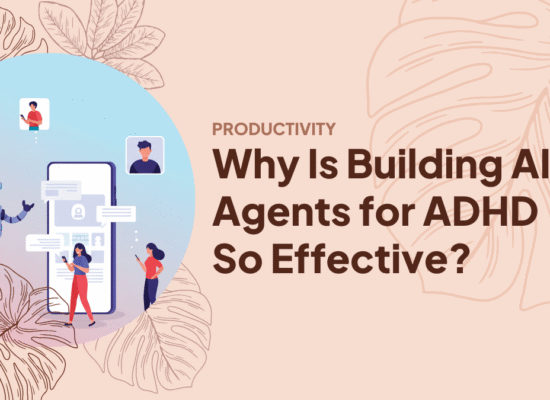
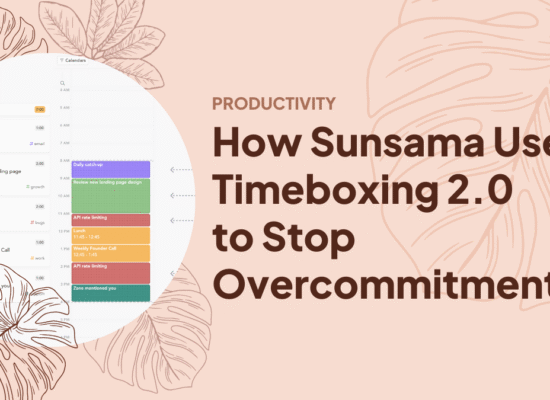

No Comment! Be the first one.